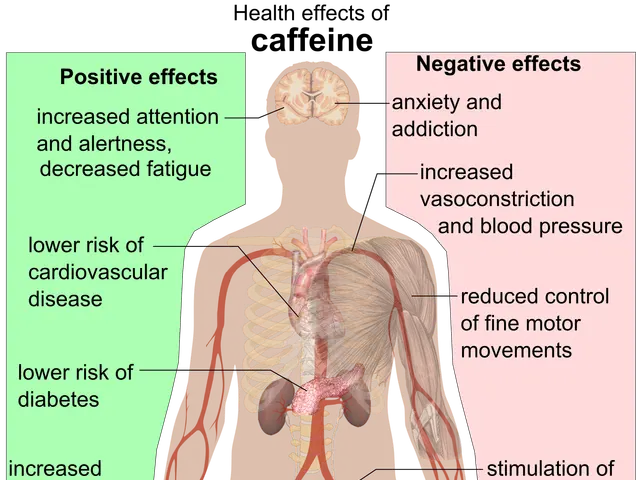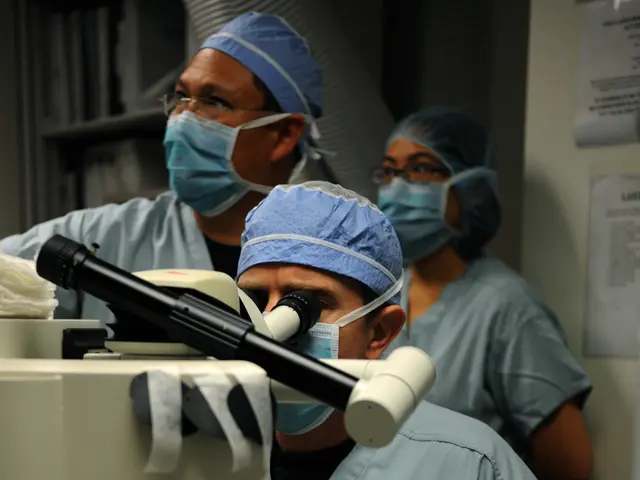Organ Donation: What System - Opt-In or Opt-Out - Favors Maximizing Life-Saving Transplants?
Worldwide, the approach to organ donation varies significantly, with countries employing either an 'opt-in' or an 'opt-out' system. To explore the effectiveness of these systems, a team of researchers from the UK has examined the donation protocols of 48 nations.
In an opt-in system, individuals must actively register their intent to donate organs postmortem. On the other hand, opt-out systems involve organs being donated automatically unless a specific request is made before death to prevent donation.
Prof. Eamonn Ferguson, lead author from the University of Nottingham, acknowledges potential drawbacks in systems relying on individual decisions:
"People may not act for numerous reasons, including loss aversion, effort, and trusting that policy makers have made the 'right' decision, which they believe in."
In an opt-in system, failure to act can result in potential donors who wish to donate not doing so (a false negative). Conversely, in an opt-out system, inaction might lead to individuals who did not wish to donate becoming donors (a false positive).
The US currently utilizes an opt-in system. In 2021, 28,000 transplants were made possible due to organ donors, with around 79 people receiving organ transplants every day. Unfortunately, approximately 18 people die every day due to a shortage of donated organs.
Analysing organ donation systems in 48 countries for 13 years, the researchers found that countries using opt-out systems had higher total numbers of kidneys donated—an organ often in high demand among those on organ transplant lists. Opt-out systems also facilitated a greater overall number of organ transplants.
Opt-in systems, however, had a higher rate of kidney donations from living donors. This, according to Prof. Ferguson, is an unexplored influence that needs to be recognised.
The researchers' study had limitations, including not distinguishing between different degrees of opt-out legislation and not assessing other factors impacting organ donation. Further studies, they suggest, could delve into individual perspectives and beliefs on donation policy using a combination of surveys and experimental methods.
The authors note that countries with opt-out systems still encounter organ donor shortages. They propose that changes in consent legislation or adopting aspects of the "Spanish Model," which combines presumed consent with a well-organized transplant system, could help boost donor rates.
Spain currently has the world's highest organ donation rate, credited to a national transplant coordination network and enhanced public information about organ donation.
Whether farming animal organs for human transplants could be a solution to the organ shortage remains a topic under debate.
- In the study analyzing organ donation systems in 48 countries over 13 years, it was found that countries using opt-out systems had higher total numbers of kidneys donated, an organ often in high demand among those on organ transplant lists.
- The research also indicated that opt-out systems facilitated a greater overall number of organ transplants, but opt-in systems had a higher rate of kidney donations from living donors.
- The authors noted that countries with opt-out systems still encounter organ donor shortages and propose that changes in consent legislation or adopting aspects of the "Spanish Model," which combines presumed consent with a well-organized transplant system, could help boost donor rates.
- While the idea of farming animal organs for human transplants as a solution to the organ shortage is under debate, understanding individual perspectives and beliefs on donation policy through a combination of surveys and experimental methods could provide valuable insights for improving medical-conditions related to health-and-wellness and the science of organ transplantation.




